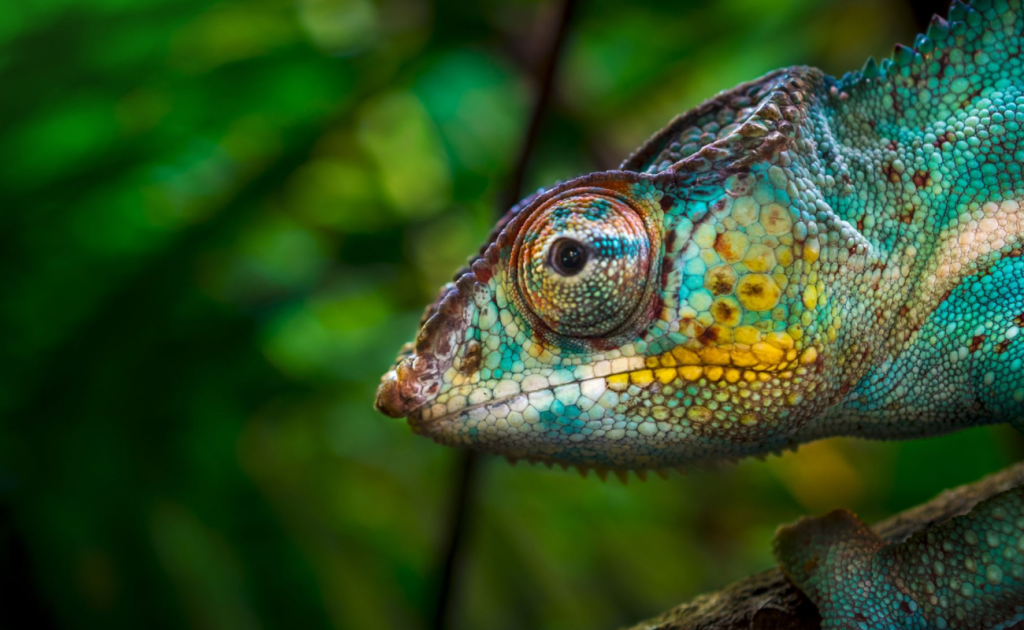
Exploring the World of Sleep
Sleep, that enigmatic state of rest and rejuvenation, is a fundamental aspect of life across the animal kingdom. However, the journey of understanding the intricacies of sleep has been a long and winding road. In this exploration, we delve into the fascinating world of sleep, from cold-blooded lizards to warm-blooded mammals.
The Roots of Sleep
The story of sleep begins with the discovery of two distinct sleep states: slow wave sleep and paradoxical sleep, often referred to as REM sleep. These states were initially identified in mammals, specifically cats and humans, through a combination of electroencephalography (EEG), physiological, and behavioral criteria. This classification laid the foundation for our understanding of sleep in terrestrial mammals and birds, both of which are homeotherms, capable of maintaining a relatively constant body temperature.
Evolutionary Enigma
However, the origin of these sleep states remains shrouded in mystery. Did they evolve independently in different lineages, or do they share a common ancestor? To find answers, scientists turned to amphibians and reptiles, two groups that occupy pivotal positions in the evolutionary tree.
Amphibians represent the transition from aquatic to terrestrial life, while reptiles, as amniotes, are the ancestors of both birds and mammals. This makes them essential for unraveling the origins of sleep patterns. To tackle this puzzle, researchers conducted a thorough review of sleep literature in these groups, hoping to shed light on the evolutionary patterns of sleep.
The Birth of Phynitty: A Sleep-Recording Marvel
To conduct their comparative analyses and better understand sleep plasticity, scientists required a versatile tool that could simultaneously record electrophysiology, physiology, temperature, and behavior, both in laboratory settings and the wild. This led to the creation of Phynitty, a state-of-the-art device designed to unlock the secrets of sleep.
Journeying with Lizards
Armed with Phynitty, researchers delved into electrophysiological, physiological, pharmacological, and behavioral studies of two squamate species, Salvator merianae and Pogona vitticeps. Their discoveries were nothing short of astonishing.
The Sleep Revelation
The studies revealed that these lizards indeed experience two distinct electroencephalographical sleep states, mirroring the slow wave and paradoxical sleep states observed in mammals. However, they also uncovered variations in the sleep patterns between lizard species and between lizards and their warm-blooded counterparts. These findings hint at a common, albeit complex, origin of these two sleep states in the grand tapestry of evolution.
Phynitty: Bridging the Past and Present
Phynitty’s role in this journey is undeniable. By providing researchers with a sophisticated tool to explore sleep in the animal kingdom, it contributes to our broader understanding of sleep patterns, their evolutionary history, and the complex web that connects all living beings. As we continue to unlock the secrets of sleep, Phynitty stands as a testament to the relentless pursuit of knowledge and innovation.
In conclusion, the quest to comprehend the nature of sleep has taken us from the tranquil world of lizards to the bustling lives of mammals and birds. This journey has been marked by collaboration, innovation, and a desire to uncover the mysteries of the natural world. Phynitty is a pivotal part of this voyage, helping us bridge the gap between the past and the present, as we strive to unlock the secrets of sleep and its profound impact on life.
Reference
Paul-Antoine Libourel. Phylogeny of sleep in tetrapods : analysis of evolutionary patterns, electrophysiological and behavioral studies in two squamates species and new methodological perspectives. Neuroscience. Université de Lyon, 2019. English. ⟨NNT : 2019LYSE1020⟩. ⟨tel-02086610⟩


